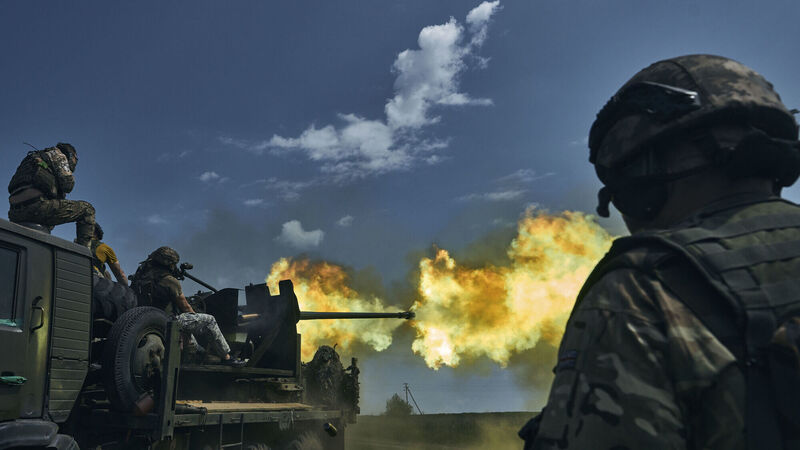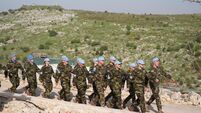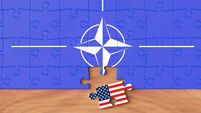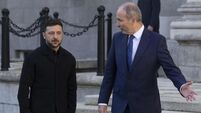John O'Brennan: Can Ireland's 'ourselves alone' stance still be justified?

Ukrainian soldiers fire a cannon near Bakhmut, an eastern city where fierce battles against Russian forces have been taking place, in the Donetsk region, on Monday, May 15, 2023. Picture: Libkos/AP
Russia’s military assault on Ukraine has precipitated the most significant change in Europe’s security and defence landscape since the Second World War.
Finland recently became the 31st member of Nato. Sweden is highly likely to join within the coming months.
















